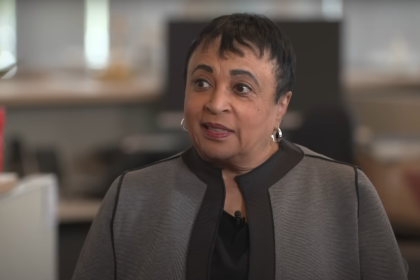Signed into law on July 2, 1964, the Civil Rights Act of 1964 marked a pivotal moment in the history of the United States by outlawing discrimination based on race, color, sex, religion, or national origin. However, the story behind its enactment reveals the profound impact of economic boycotts and the strategic disruption caused by the civil rights activists of the era.
Strategic economic pressures
The Civil Rights Movement’s success was significantly influenced by economic boycotts that targeted white-owned businesses. These boycotts, such as the 1955 Montgomery bus boycott and the 1963 boycott of Birmingham businesses, were not just demonstrations of discontent but strategic moves that inflicted financial losses on business owners, compelling them to support integration.
The role of media and public opinion
While violent attacks against peaceful protesters, such as those orchestrated by Birmingham’s Public Safety Commissioner, Eugene “Bull” Connor, did play a role in garnering sympathy, it was the economic impact of the boycotts that held more substantial sway. The media coverage of these events played a crucial role in shaping public opinion and influencing political action.
Legislative change through disruption
The persistent disruptions and economic pressures led to significant political and legislative responses. President Kennedy, moved by the massive protests and the economic ramifications of the boycotts, proposed the Civil Rights Act in 1963. His assassination later that year left the task of pushing the bill through Congress to President Lyndon B. Johnson, who signed it into law in 1964.
The lesson from the Civil Rights Movement is clear: substantial legislative reform often requires more than just electoral and legislative action; it needs significant disruption that challenges the entrenched power structures.
This historical reflection not only honors the strategic acumen of civil rights leaders but also serves as a reminder of the powerful role of economic actions in driving social change.
















